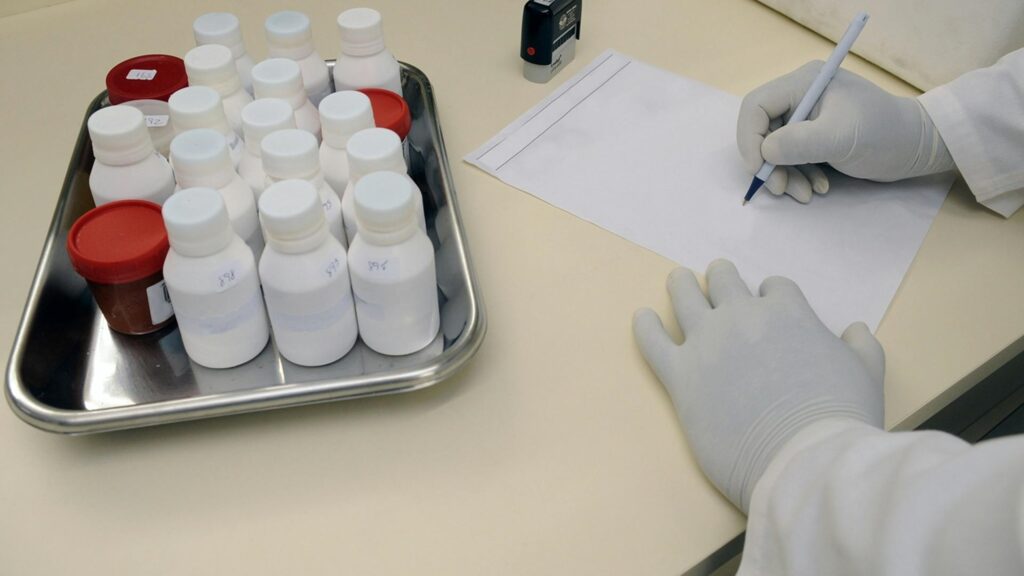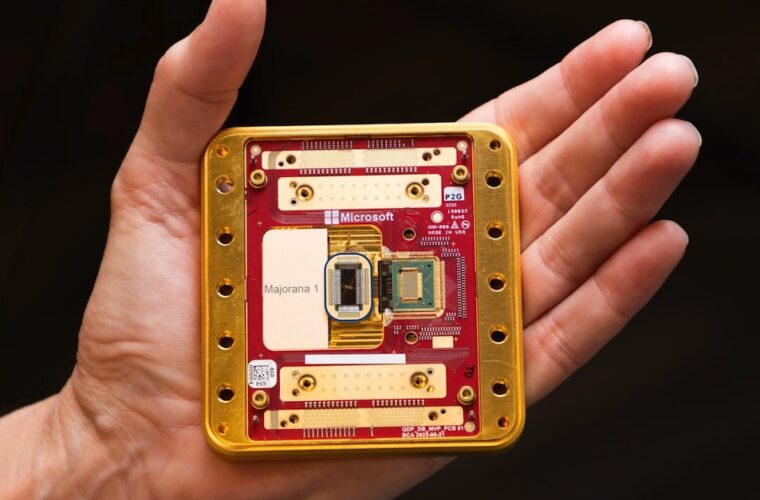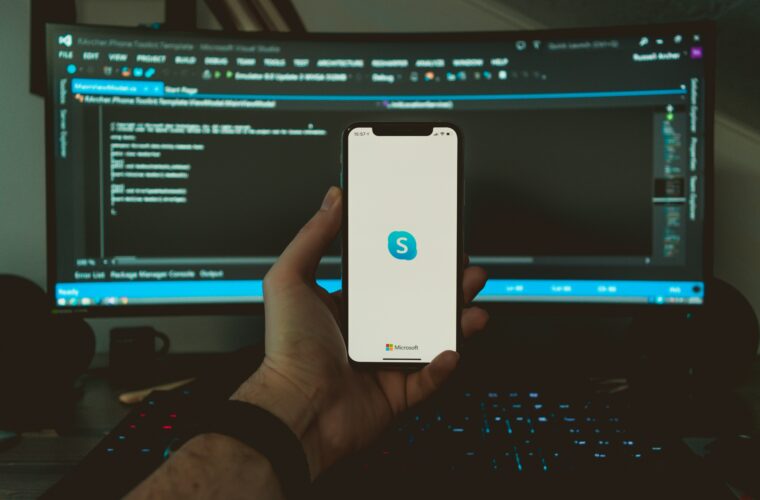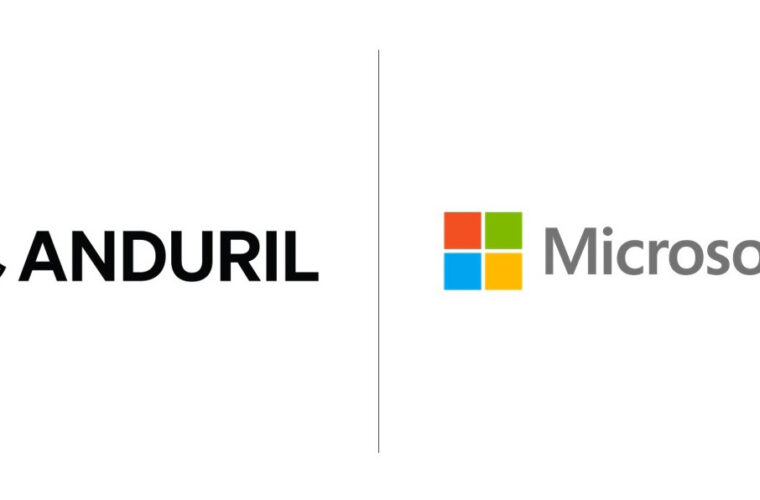Tech giant Microsoft has made public Dragon Copilot, a generative artificial intelligence (AI) assistant for the healthcare industry, allowing professionals to improve workflow through conversations in everyday language.
Dragon Copilot offers a “unified voice AI experience” designed to “free doctors from much of the administrative burden of medical care,” as stated by Microsoft’s Corporate VP of Health & Life Sciences Solutions and Platforms, Joe Petro.
This solution combines the natural language voice dictation capabilities of the cloud-based solution Dragon Medical One for clinical documentation and the ambient listening capabilities of DAX Copilot. As part of the Microsoft Cloud for Healthcare offering, it has been built on a security architecture that strengthens the exchange between providers and patients.
Microsoft’s Dragon Will Address Staffing Shortages
With the new assistant, Microsoft seeks to improve the workflow of healthcare professionals by “optimizing documentation, surfacing information, and automating tasks across all care environments,” all within a unified AI-powered experience, the company explains.
The new virtual assistant for the healthcare industry will first launch in the United States and Canada in May, but the company plans to extend it next to some European countries soon, including the United Kingdom, Germany, France, and the Netherlands.
Microsoft expects its AI to help alleviate clinician burnout due to staffing shortages and improve the patient experience, as, according to data cited by the company, clinicians spend “up to two hours on administrative tasks for each hour of care provided.” Similarly, Microsoft’s competitor Alphabet found together with Harris Poll that clinicians spend nearly 28 hours per week on administrative duties.
This is not Microsoft’s only recent development in the health sector; earlier this year, the company collaborated with real-world evidence clinical discovery company RespondHealth to bring AI-powered solutions to the healthcare and life sciences (HLS) sectors.
Dragon Copilot features
According to the US-based company, Dragon Copilot allows for the streamlining of documentation with new levels of customisation, converting conversations into speciality-specific notes and enabling users to customise their documentation, templates, and prompts.


Moreover, the AI assistant can answer questions such as whether a patient is taking a certain medication, has a relevant family history, or said something specific during a conversation, providing “trustworthy, cited responses,” Microsoft underscores. Furthermore, it can help save time by handling clinical and non-clinical tasks, such as gathering diagnostic evidence from patient conversations and summarising key facts. Dragon Copilot can also create referral letters and “easy-to-read” after-visit summaries, Microsoft says.
Overall, it can also save money, as Microsoft highlights that it can “improve financial impact with additional revenue, timely and accurate reimbursements, fewer denials, higher physician retention, and reduced patient leakage.” “With Dragon Copilot, we’re not just enhancing how we work in the EHR, we are tapping into a unified, Microsoft-powered ecosystem where AI assistance extends across our organization, delivering a consistent and intelligent experience everywhere we work. It’s this ability to enhance the patient experience while streamlining clinician workflows that makes Dragon Copilot such a game-changer,” concludes Dr. R. Hal Baker, SVP and CIO of WellSpan Health, a company that has already adopted the technology.



